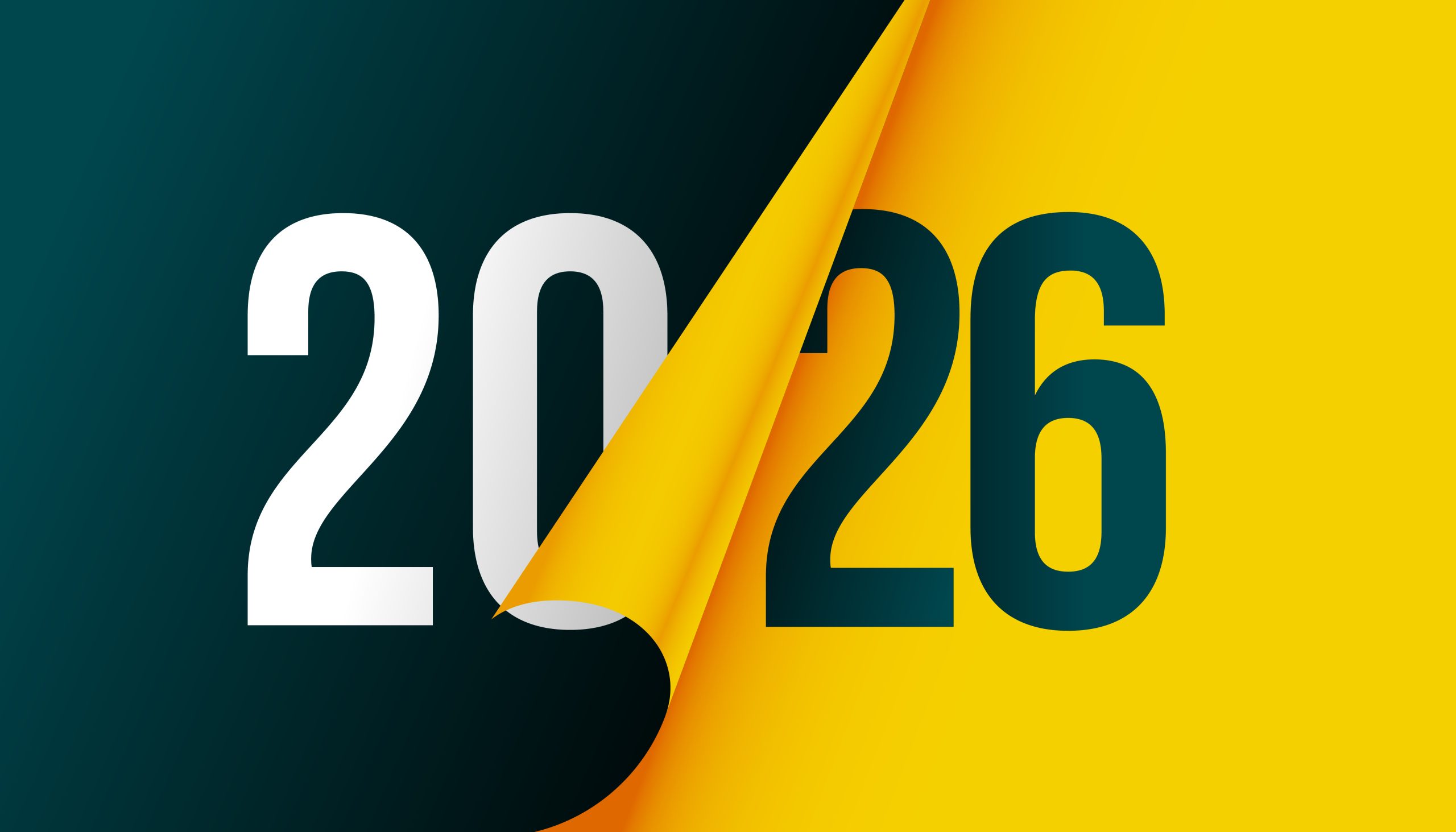Abstract
This article examines the evaluation criteria employed by faculty members when assessing graduate research proposals. Drawing from qualitative insights and systematic observations, it identifies both explicit and implicit standards that influence proposal outcomes. The findings suggest that beyond formal rubrics, faculty evaluations are shaped by unacknowledged factors including initial impressions, perceptions of scholarly maturity, and institutional politics. This analysis provides evidence-based recommendations for graduate students navigating the proposal submission process.
Introduction
The research proposal constitutes a critical gateway in graduate education, yet the evaluation process remains partially opaque to many students (Johnson & Williams, 2023). While institutions typically provide formal guidelines, a significant gap exists between stated requirements and actual assessment practices. This article aims to elucidate the comprehensive criteria, both acknowledged and tacit that faculty utilize when evaluating Master’s and Doctoral research proposals.
Methodology
The observations and conclusions presented herein derive from structured interviews with faculty members across multiple disciplines and institutions, supplemented by analysis of reviewer comments on proposal submissions. Particular attention was paid to identifying recurring themes in faculty decision-making processes that transcend disciplinary boundaries.
Initial Assessment: The Critical First Impression
Faculty reviewers report forming preliminary judgments within the initial review phase, typically comprising the first 1-2 pages of a proposal. This practice stems from necessity rather than preference, as reviewers often evaluate numerous proposals under significant time constraints (Chen, 2022).
Key elements influencing initial assessment include :
- Structural clarity and adherence to formatting conventions
- Precision and comprehensibility of the abstract
- Evidence of proposal customization to specific requirements
As one respondent noted, “The initial pages serve as a reliable indicator of the proposal’s overall quality and the candidate’s attention to detail” (Anonymous Faculty Member, Personal Communication, 2024).
Beyond Formal Criteria: The Implicit Evaluation Framework
Research indicates that faculty consistently apply several uncodified standards when assessing proposals:
Intellectual Maturity
Faculty evaluate candidates’ ability to accurately situate their research within the existing scholarly landscape, particularly regarding:
- The distinction between established knowledge and genuinely unexplored questions
- Recognition of methodological and conceptual limitations
- Appropriate epistemic modesty balanced with scholarly confidence
Methodological Sophistication
Proposals are assessed not merely on methodological citation but on demonstrated understanding of:
- The rationale underlying methodological choices
- Awareness of potential methodological pitfalls
- Appropriateness of methods for addressing the specific research questions
The Originality-Feasibility Spectrum
Faculty consistently seek proposals that balance innovative thinking with practical viability. This assessment considers:
- Contribution to existing knowledge
- Resource requirements relative to available support
- Timeline realism within degree program constraints
Writing as Cognitive Proxy
Analysis reveals that writing quality frequently serves as a surrogate measure for cognitive clarity. Faculty interpret precise, well-structured writing as evidence of disciplined thinking (Martinez & Thompson, 2021).
Citation Pattern Analysis
Beyond bibliographic accuracy, faculty evaluate citation practices as indicators of:
- Comprehensive knowledge of the field, including recent developments
- Recognition of significant scholarly contributions
- Appropriate acknowledgement of departmental or institutional research
Proposal Rejection Factors
Several elements emerge as particularly problematic in proposal evaluation:
Unsupported Claims of Significance
Assertions regarding the “revolutionary” or “groundbreaking” nature of proposed research without substantial justification trigger skepticism among reviewers.
Methodological Incongruence
Proposals demonstrating misalignment between research questions and methodological approaches face significant criticism.
Literature Review Deficiencies
Omission of seminal or current works signals inadequate preparation and undermines proposal credibility.
Resource Requirement Miscalculations
Proposals requiring resources, timeframes, or access beyond reasonable availability suggest insufficient planning.
The Political Dimension of Evaluation
Though rarely acknowledged formally, proposal evaluation operates within institutional and disciplinary political contexts:
- Alignment with departmental research priorities
- Relationship to current funding landscapes
- Complementarity with faculty research interests
- Contribution to departmental metrics and standing
Strategic Implications for Graduate Students
Evidence suggests several approaches may enhance proposal reception:
- Demonstrate Scholarly Temperament: Balance intellectual ambition with appropriate recognition of limitations.
- Reconcile Significance with Practicality: Frame research as both meaningful and achievable within program constraints.
- Display Disciplinary Socialization: Exhibit familiarity with field-specific conventions and expectations.
- Anticipate and Address Critiques: Proactively identify and respond to potential methodological or conceptual weaknesses.
- Construct a Compelling Research Narrative: Articulate clear justification for the research’s timeliness and relevance.
Conclusion
Proposal evaluation emerges as a complex process incorporating both explicit criteria and implicit considerations. Understanding this comprehensive evaluation framework enables graduate students to develop proposals that satisfy both formal requirements and unspoken expectations. Further research examining disciplinary variations in evaluation practices would enhance understanding of this critical academic gateway.
References
Chen, L. (2022). Time constraints and academic evaluation practices. Journal of Higher Education Assessment, 18(3), 215-232.
Johnson, R., & Williams, P. (2023). The hidden curriculum of graduate education. Higher Education Studies, 45(2), 187-205.
Martinez, S., & Thompson, K. (2021). Writing quality as cognitive indicator in academic evaluation. Assessment in Education, 28(4), 412-429.
[Note: This article is based on qualitative research and faculty interviews conducted between September 2023 and March 2024.]









Leave a Reply